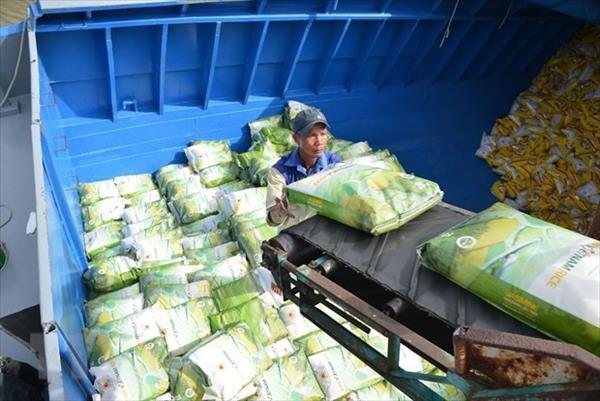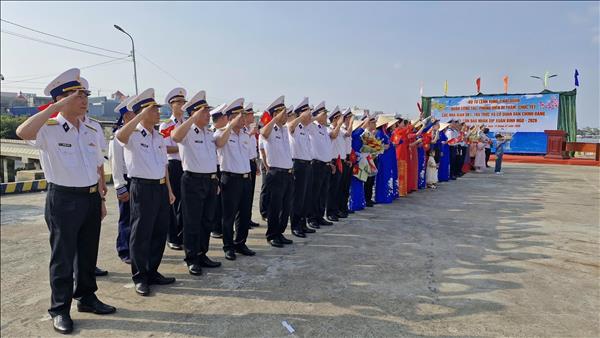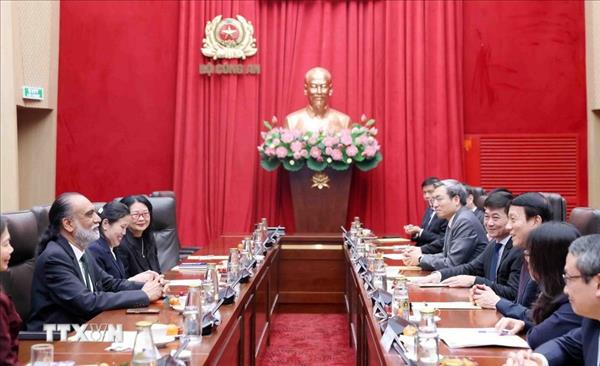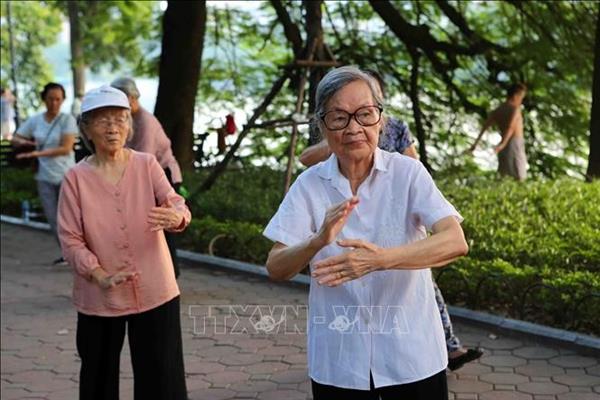These provinces are home to a significant number of ethnic minorities, who face a number of challenges in accessing mainstream services and resources.
The life-saving interventions under the programme include helmet distribution and educational activities focused on safe helmet use.
The very first event of the programme expansion was hosted in Yen Bai province on November 13.
The programme, which is supported by Johnson & Johnson, aims to reduce brain injuries related to road crashes in school zones and the surrounding communities through increased ratio of quality helmet use among children.
The programme will begin with a helmet donation ceremony at each project school and be accompanied by an ‘edutainment’ event involving a series of interactive games focusing on proper helmet use.
Across 16 schools, 7,375 students, 451 teachers and staff, local authorities, and community members will participate in the edutainment activities.
Jun Hong Park, managing director of Johnson & Johnson Vietnam, said: “The reality is that every day a child leaves their home to go to school without proper safety equipment like a helmet, they are at risk on the road.
“We need to play an urgent, proactive role in empowering communities with proper road safety knowledge and resources related to helmet use, whether it is on a motorbike or bicycle, so that wearing a helmet becomes instinctive and natural rather than a novelty. Something as simple as wearing a helmet can be the difference in that child coming back home to their family happy and healthy.”
Hoang Na Huong, deputy CEO of AIP Foundation, said: “Education is fundamental to breaking the cycle of poverty. However, barriers like unsafe commutes, lack of school zones and low community awareness of road safety and speed limit compliance prevent students, and often their families, from living a better life.
“Programmes like Helmets for Kids help raise the quality of life standard for communities, especially for our young people.”
Helmets for Kids focuses on increasing the helmet-wearing rate among children in areas where road crash and injury risks are high, but preventative actions are low.
It helps improve road safety knowledge, provides quality helmets to students and teachers at programme schools, and educates parents as key decision makers in their children’s helmet use.
In 2020 it plans to distribute over 5,700 helmets.
VNA/VNP


















